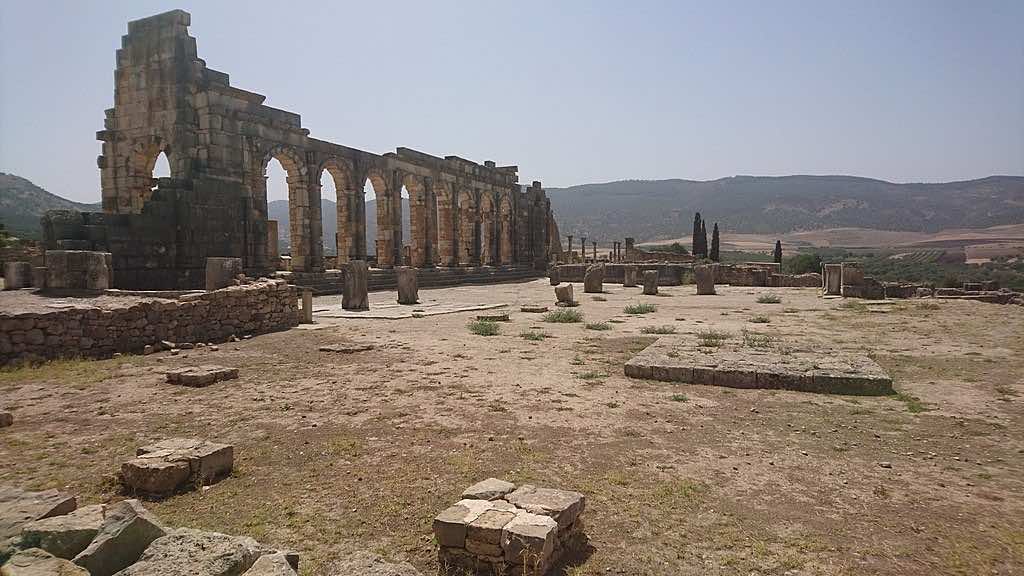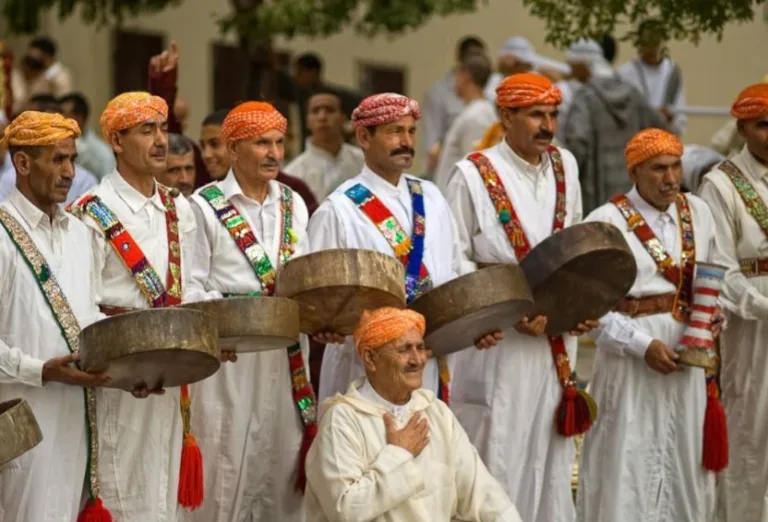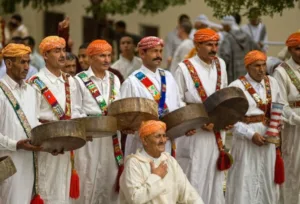Rabat – The Islamic World Educational, Scientific and Cultural Organization (ICESCO) reaffirmed today its commitment to preserving, valuing, and promoting the Islamic world’s heritage sites.
The announcement, which was published on ICESCO’s website, is in celebration of UNESCO’s International Day for Monuments and Sites, which is commemorated to raise awareness about maintaining and protecting the world’s heritage sites.
This day provides a unique opportunity to highlight the importance of tangible and intangible cultural heritage throughout the world, especially in the Islamic world, which is home to numerous heritage sites, ICESCO stated.
The ICESCO statement urged the organization’s member states to put effort in protecting historical monuments and sites from misuse and vandalism.
It also urged all countries and civil society organizations to work together to protect the Islamic world’s cultural heritage, particularly in conflict zones.
The Islamic Organization also called for the passage of strict laws and regulations prohibiting the illegal trade in valuable archeological artifacts discovered in monuments.
ICESCO highlighted the need to implement new technologies and AI to restore archeological sites and monuments, and promote them online through “interactive maps.”
The Organization of Islamic Cooperation (OIC) established ICESCO in May 1979. ICESCO is made up of 54 countries, with its headquarters in Rabat and Salim M. Almalik as its Director General.
The International Day for Monuments and Sites, also known as World Heritage Day, was established in 1982 by the International Council for Monuments and Sites (ICOMOS).
A heritage site is essentially a culturally significant location. It preserves the intangible and physical artifacts of a society or group that have been passed down through generations.
Morocco registered in 2020, the second-highest number of UNESCO World Heritage sites of any African country, with nine in total.
These heritage sites include Volubilis, the City of Meknes, the Ksar of Ait-Ben-Haddou, Medina of Essaouira, Medina of Fez, Medina of Marrakech, Medina of Tetouan, El Jadida, and Rabat.
Read also: Minister of Culture: Rabat Deserves To Be Cultural Capital of Islam
ICESCO designated Rabat as the Islamic world’s cultural capital for 2022 in November 2021, in recognition of the Moroccan city’s execution of an urban and cultural development program that King Mohammed VI launched in 2015.
















